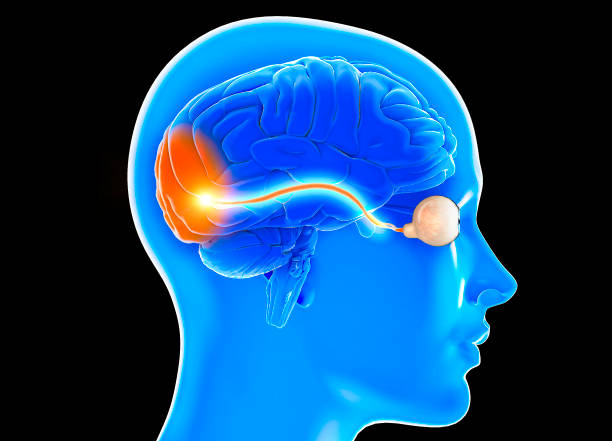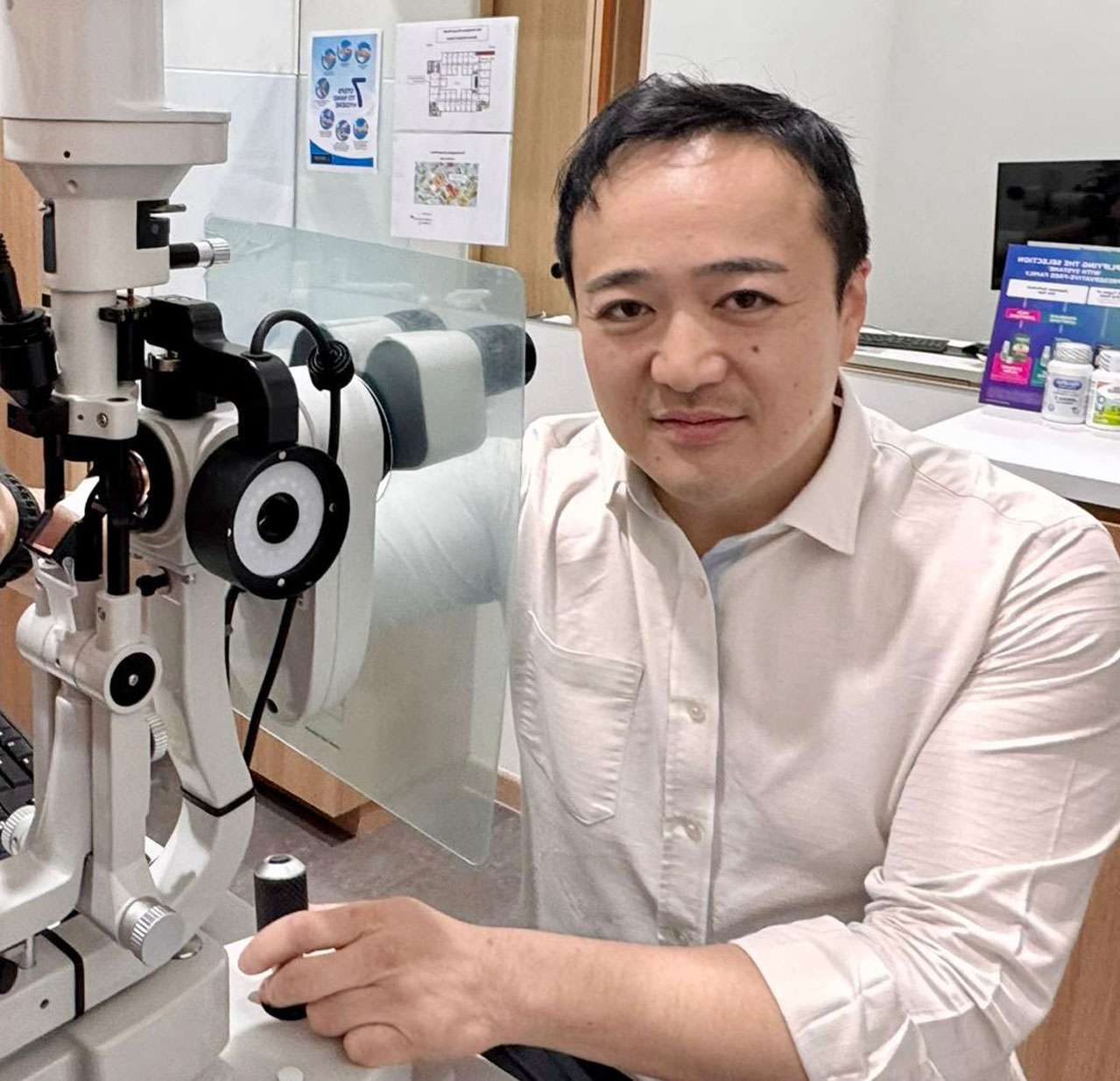When Vision Problems Go Beyond the Eye
Not all vision issues begin in the eye itself. Some arise from the nerves and brain pathways that process what we see. This is where neuro-ophthalmology comes in, a subspecialty that focuses on visual problems related to the nervous system.
At London Eye & Retina, we work with patients who experience unexplained visual changes, visual field loss, double vision, or optic nerve issues. If your symptoms don’t fit neatly into common eye conditions, a neuro-ophthalmic evaluation may help uncover the cause.
What Is Neuro-Ophthalmology?
Neuro-ophthalmology bridges the fields of ophthalmology and neurology. It involves the assessment of:
- The optic nerve (which carries visual signals from the eye to the brain)
- The brain pathways responsible for processing vision
- The muscles and nerves that control eye movement
- How the eyes and brain work together to form visual perception
This area of care requires detailed testing and careful coordination with neurologists, especially in complex cases.
Conditions We See
Neuro-ophthalmic problems can result from a wide range of causes, including inflammation, stroke, brain tumours, trauma, or systemic conditions such as diabetes or multiple sclerosis.
Some of the common conditions evaluated include:
- Optic neuritis (inflammation of the optic nerve)
- Ischemic optic neuropathy (reduced blood flow to the optic nerve)
- Papilloedema (swelling of the optic nerve head due to raised intracranial pressure)
- Visual field defects (due to stroke, pituitary tumours, or brain lesions)
- Double vision (caused by nerve palsies or myasthenia gravis)
- Unexplained vision loss
- Abnormal pupil responses
- Giant cell arteritis
Many of these conditions require urgent attention and close follow-up to prevent permanent vision loss or detect life-threatening causes.
What Are the Symptoms?
Neuro-ophthalmic conditions can present in many ways. You should consider seeking care if you experience:
- Sudden or unexplained vision loss (in one or both eyes)
- Double vision
- Visual field loss (missing areas in your side vision)
- Eye movement problems or droopy eyelid
- Persistent headaches with vision changes
- Light sensitivity or changes in pupil size
- Transient episodes of vision blackout or flickering
Early detection and investigation are crucial, especially when vision symptoms suggest a neurological issue.
What to Expect During a Neuro-Ophthalmic Assessment
Your visit will include a detailed history and targeted eye and neurologic examination. At London Eye & Retina, we may perform:
- Visual acuity and colour vision testing
- Visual field testing to assess peripheral vision
- Pupil examination and light response
- Ocular motility testing for eye movement and alignment
- Fundus examination to inspect the optic nerve and retina
- Optical Coherence Tomography (OCT) to analyse the optic nerve and retinal layers
Depending on your findings, further investigations such as MRI, blood tests, or referrals to neurology may be arranged.
How Are These Conditions Treated?
Treatment depends on the underlying cause and may involve:
- Medication (e.g. steroids for inflammation, blood pressure control)
- Monitoring of optic nerve or field changes
- Treatment of underlying systemic or neurological disease
- Surgery in cases where tumours or structural abnormalities are involved
- Prism lenses or eye muscle therapy for double vision
Collaborative care is often essential, and we coordinate with other specialists when needed.
When to Seek a Neuro-Ophthalmology Opinion
If your visual symptoms are not explained by routine eye conditions, or if you’ve had a neurological diagnosis affecting vision, it may be time for a specialised evaluation.
Book a neuro-ophthalmic consultation at London Eye & Retina for a thorough, integrated approach to vision and nerve-related concerns.
Understanding Vision Beyond the Eye


